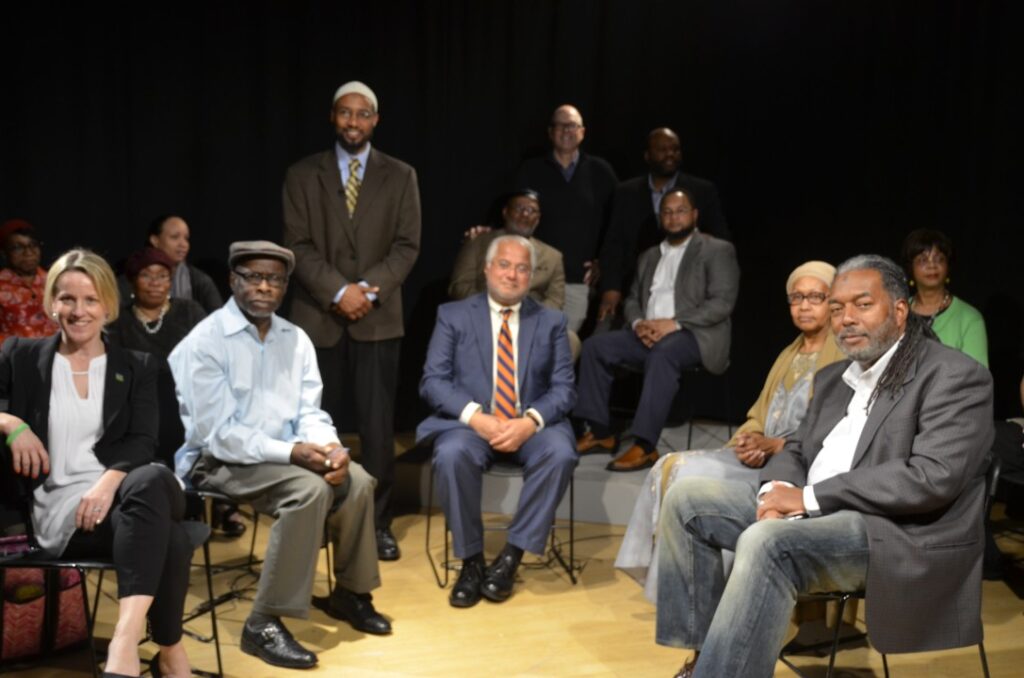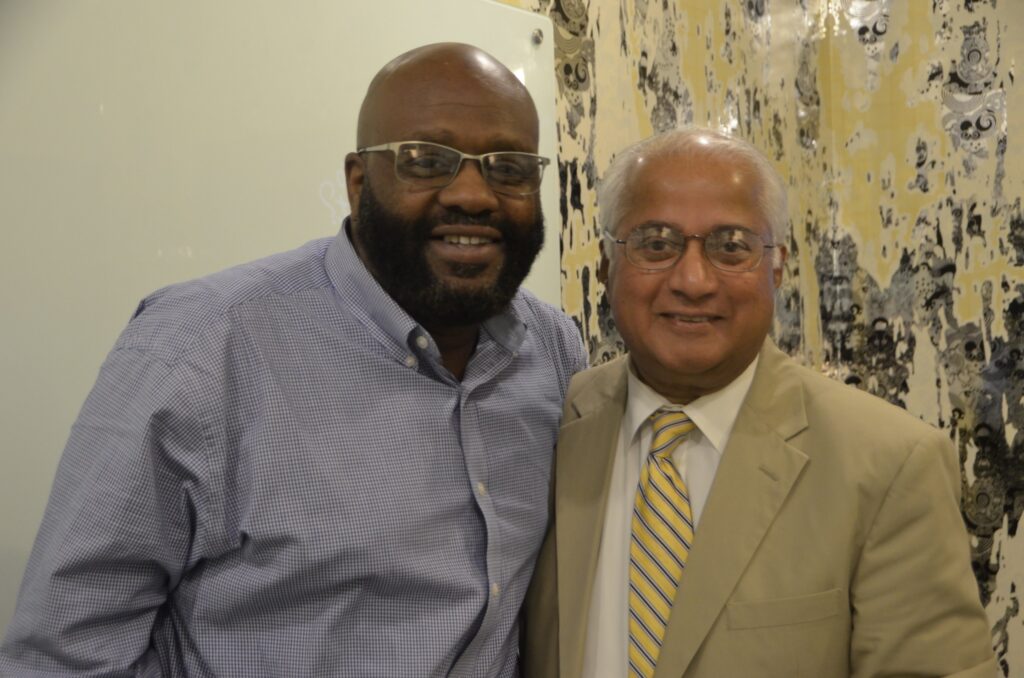Karim Ali – Published on February 2, 2021

The 2020 Corona virus pandemic has created new realities in just about every facet of human life since its rapid onset roughly ten months. Community health efforts have had to adapt to these new and challenging realities in real time. A fact that remains is the ever increasing need for living donations.
The virus has not slowed the need for life saving donations, in fact in many cases it has amplified the challenge. Relatives, loved ones, friends and even individuals who wish to remain anonymous often serve as living donors to spare a patient a long and uncertain wait. In 2020, more than 5,700 transplants were made possible by living donors. *
“Increasing organ donation and transplantation is a notable achievement any year, but truly remarkable during the unprecedented health crisis facing our nation,” says Steve Miller, CEO at AOPO. The Association of Organ Procurement Organizations (AOPO) is the non-profit organization recognized as the national representative of the 57 federally designated Organ Procurement Organizations (OPOs) responsible for facilitating the organ, eye, and tissue donation process. AOPO leads the nation’s organ donation process through advocacy, education, and innovation.**
In spite of this optimistic news there remain people within our communities that need transplants. In many cases patients turn to a small number of friends and family members for help, or keep their illness a private matter with the hopes that they will be chosen for transplant through a donor registry. We believe that communities can do more.
Barriers to broader awareness include lack of familiarity with the donation/transplantation process, a lack of informed community health professionals and or Faith Leadership with the background and thorough understanding in this area to provide consultative guidance. We may or may not be surprised how many people we know who are in need of a life saving transplant. More importantly, are we encouraging our communities to discuss these matters more openly. We have provided the following information to better inform our readers of some of the basics regarding ‘Living Donations’.
How do I become a living donor?
1. Contact a transplant center
If you know a person you would like to help through living directed donation, talk to him or her and contact the transplant program where the person is listed. If you would like to be a living non-directed donor, contact a transplant center of your choice to find out if they have this type of donation program. Visit the OPTN Member Directory for a complete list of transplant centers. When you contact transplant center staff, they will typically ask for your consent to begin a basic medical screening. With your consent, the transplant center staff will ask you questions about your medical history to find out if you have any conditions that would keep you from being a donor.
2. Have an initial screening
This initial screening is typically followed by a blood test to see if you are compatible with the intended transplant candidate. If you are not compatible with that person, you may have other options to donate. These options include paired exchange, blood type incompatible donation or positive cross-match donation.
3. Get an independent donor advocate
Transplant centers are required to provide an independent donor advocate (IDA) or IDA team for all potential donors. Your IDA should not be part of the potential transplant recipient’s medical team. The IDA will assist you during the donation process.

Photographed is a good friend and colleague Mike Ghouse currently in need of a kidney transplant. Kindly share the video links with friends, family and your community to spread the word about the ongoing need. If you are aware of anyone interested in potentially giving the gift of life please email: KindneyforGhouse@gmail.com.
* Sources: https://unos.org/data/transplant-trends/ ; https://www.aopo.org/
